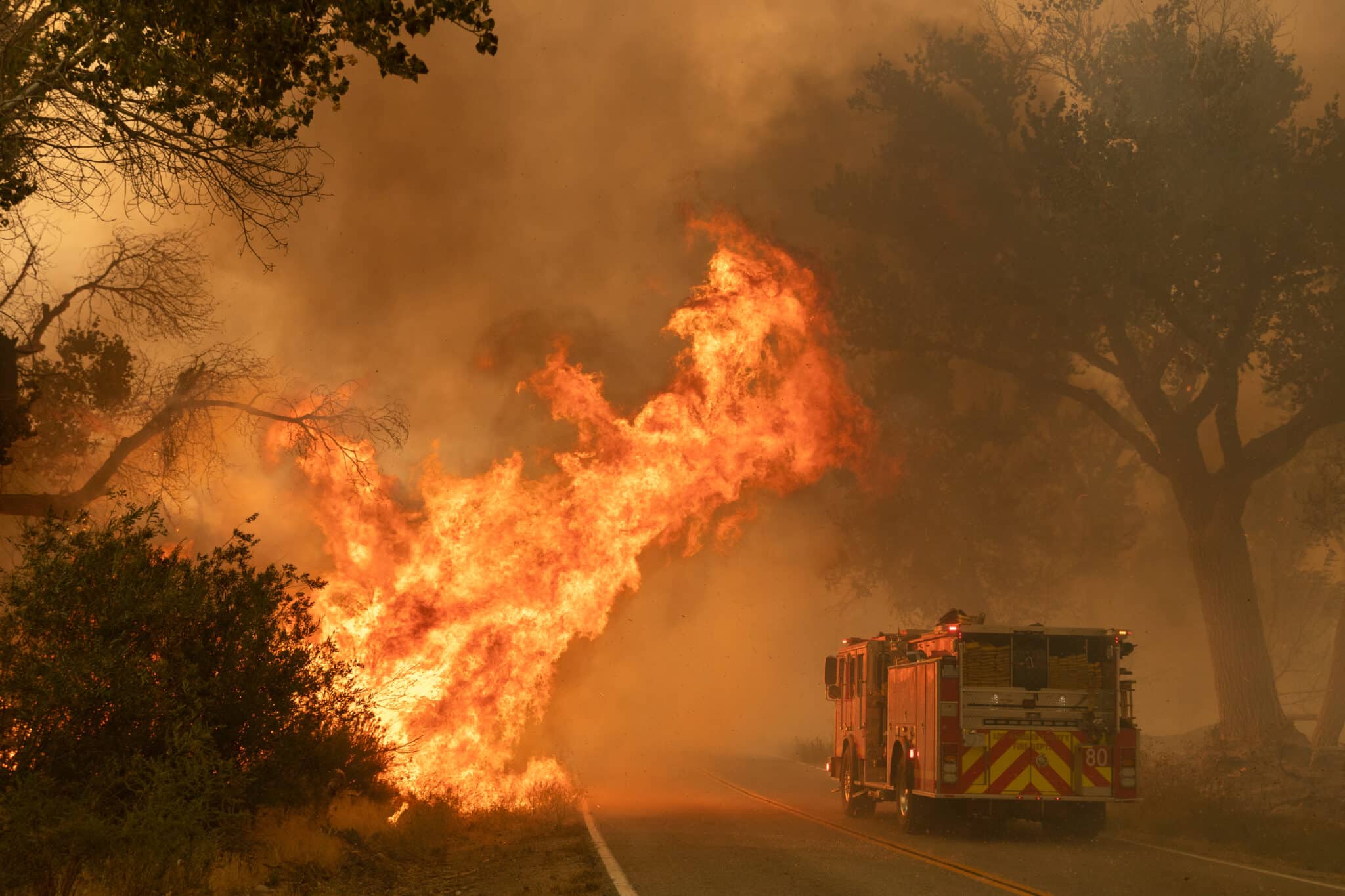Climate-Fueled Fires, Warming Threaten Western Forests

 Why you can trust us
Why you can trust us
Founded in 2005 as an Ohio-based environmental newspaper, EcoWatch is a digital platform dedicated to publishing quality, science-based content on environmental issues, causes, and solutions.
Two new studies highlight the vulnerability of California forests. Climate change, mainly caused by the extraction and combustion of fossil fuels, has heated the atmosphere faster than conifer forests in the Sierra Nevada mountains can adapt, shifting their ideal elevation 600 feet above where it was nearly a century ago, according to a study published in PNAS Nexus.
That heating has left nearly one-fifth of conifer forests in the Sierra Nevada mountains mismatched to the current climate, including 8% that are “severely” mismatched. This mismatch makes the so-called “zombie forests” less, or even completely, unable to recover after wildfires, themselves supercharged by climate change while also releasing massive amounts of carbon into the atmosphere.
Those findings come as a study published in PNAS finds climate-supercharged fires are so destructive that forests across 2.2 million acres across the West may be unable to regrow after fires — a landmass that could more than triple by midcentury to 7 million acres.
Researchers say improved forest management, including low-intensity burns can help, so long as those actions are taken concurrently with action on climate change. “But the longer you wait, the bigger the warming effect gets,” study co-author Phil Higuera told Inside Climate News. “Importantly, the projections only go through 2050, and that seems a lot closer than it used to.”
For a Deeper Dive:
Zombie forests: New York Times, Fire intensity: Inside Climate News, The Hill, Climate Signals background: Wildfires
For more climate change and clean energy news, you can follow Climate Nexus on Twitter and Facebook, sign up for daily Hot News, and visit their news site, Nexus Media News.
Subscribe to get exclusive updates in our daily newsletter!
By signing up, you agree to the Terms of Use and Privacy Policy & to receive electronic communications from EcoWatch Media Group, which may include marketing promotions, advertisements and sponsored content.

 233k
233k  41k
41k  Subscribe
Subscribe 



